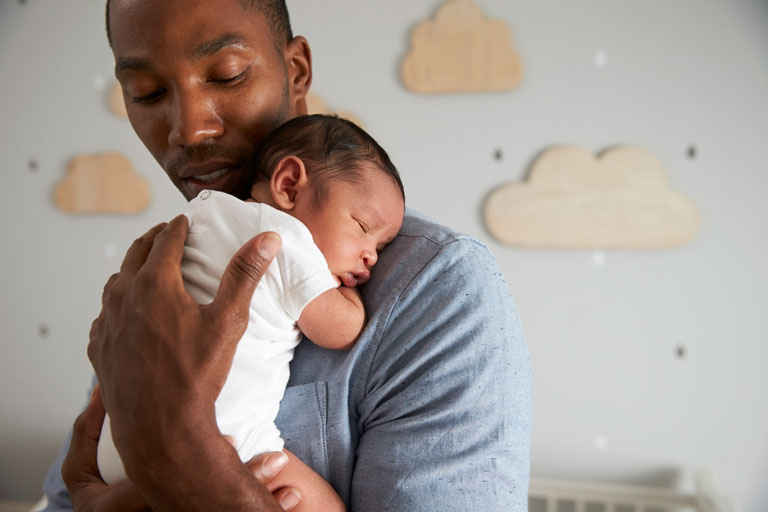January 2021
Recent, horrific events in the Black community involving police violence against both Black women and men have served as a catalyst for national attention. But as of yet, there is no measurement tool to measure Black males’ perception of cultural trauma and racial justice.
A project led by Virgil Gregory Jr., a clinical social worker and associate professor at the IU School of Social Work at IUPUI, will address that issue by developing a reliable and valid scale to measure the idea of cultural trauma in Black men as it relates to racial justice. The project was funded through IU’s Racial Justice Research Fund.
“As the nation continues to reckon with racial injustice, there needs to be interventions and policies in place to address the emotional and psychosocial consequences of systemic/structural racism, particularly for Black men,” Gregory Jr. said. “Cultural trauma is a consequence of racial injustice. Our work will help decrease error in the measurement of interventions and policies to address cultural trauma, as well as reliably measure traumatic reactions to incidents of racial injustice.”
America has a long history of injustice and inequality. Most recently, the murders of George Floyd and Breonna Taylor have led to national protests and calls for state-level and national policy change to address social injustice in Black communities.
As those various policies and practices are vetted in research, Gregory said the importance of measurement regarding cultural trauma in the scientific process must not be overlooked. Currently, Gregory Jr. and his team are working with the Fathers and Families Center, which provides a range of services to primarily African American, at-risk fathers and their families, to create focus groups and conduct individual interviews with Black men to determine their thoughts and beliefs about racial injustice and cultural trauma, as well as their strengths of resilience in in response.
Researchers will analyze the content of those focus groups to help develop a Cultural Trauma Scale (CuTS) which will serve as a tool to gather data on the perceptions of the justice system as it pertains to members of the Black community; self-perception based on race and justice related pivotal/traumatic events and future-oriented perceptions of safety concerning Black family members in relation to the justice system.
“For Black men experiencing cultural trauma, this project will aid in effectively measuring the catalysts for and consequences of racial injustice which this population continues to face,” Gregory Jr. said. “Future research will examine the extent to which the measurement properties of the scale vary according to other Black and non-Black groups.”



